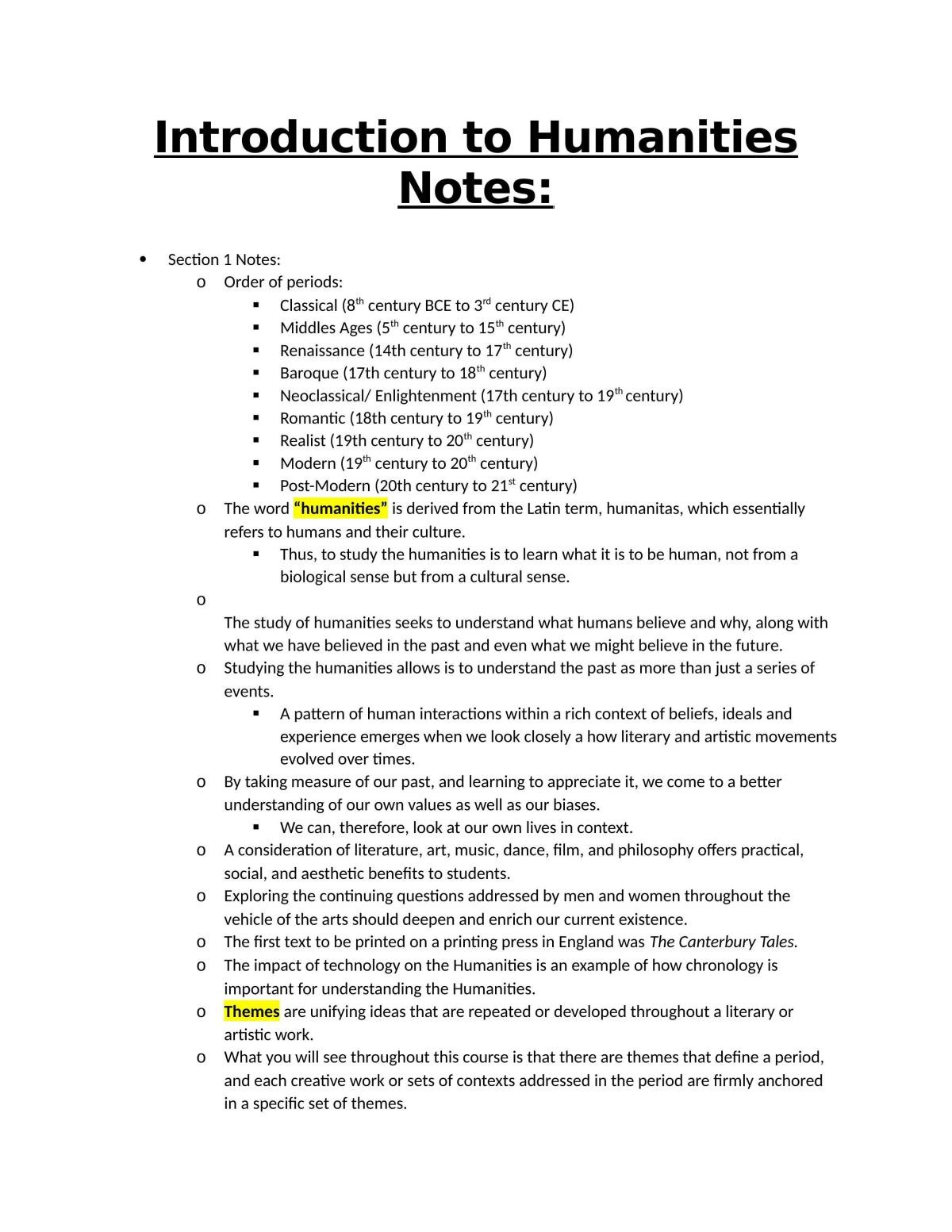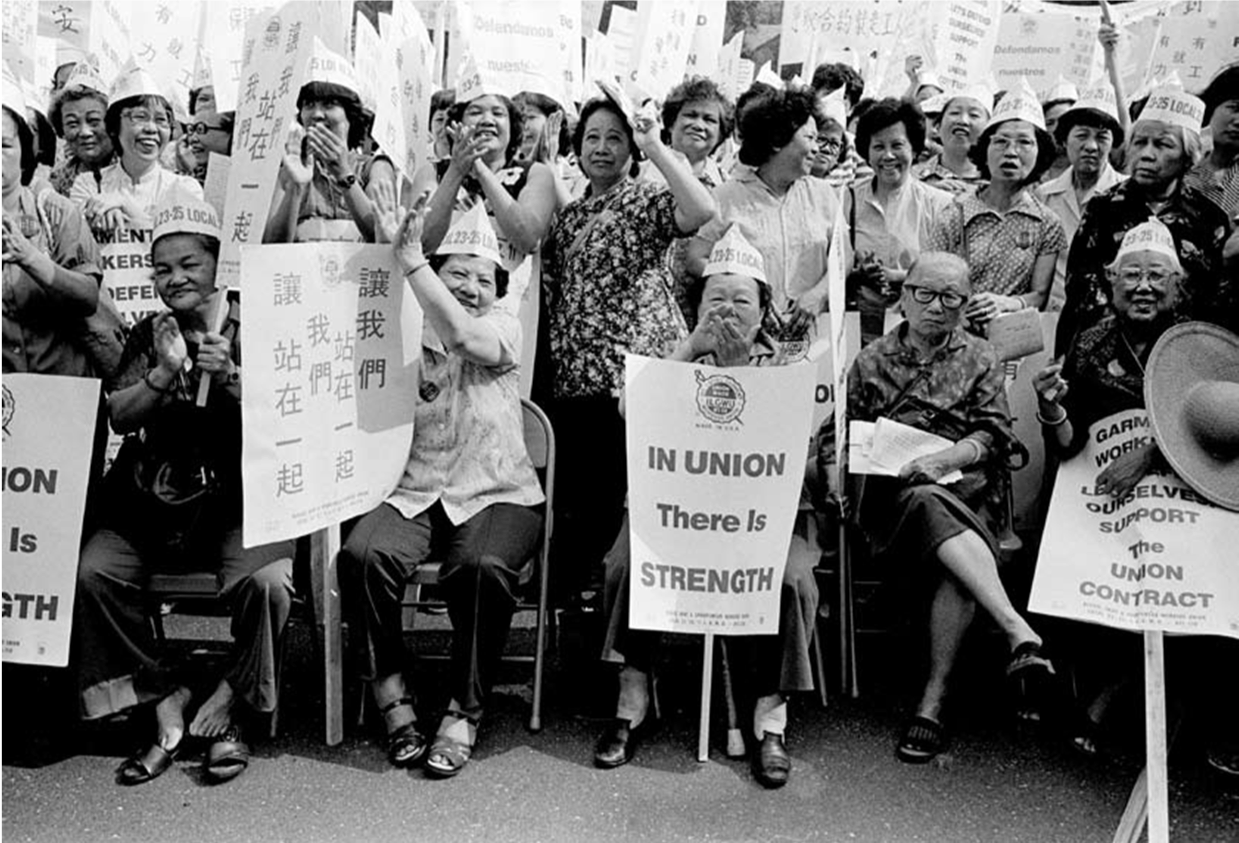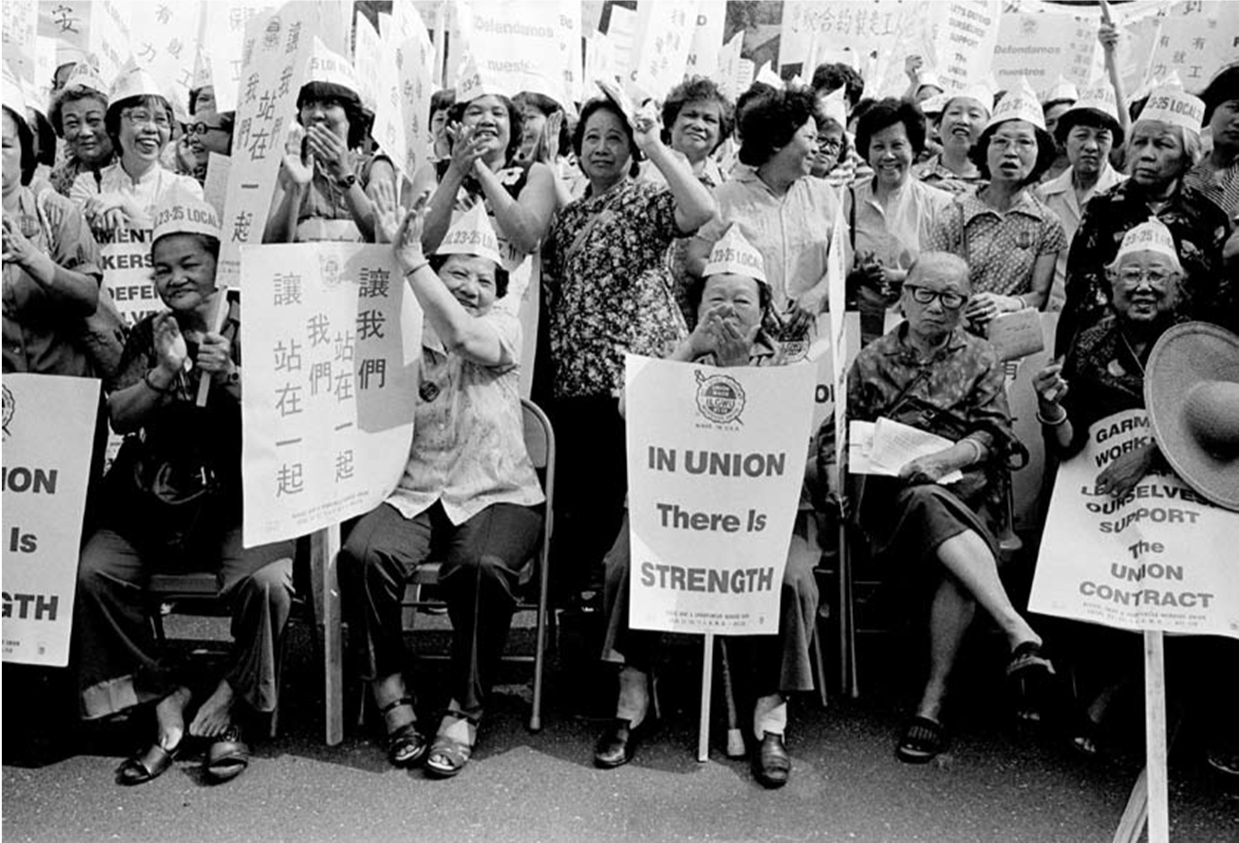Grief after loss can engulf an individual in a profound whirlwind of emotions, making it one of the most challenging experiences anyone can face. The journey of dealing with grief is often complex and multifaceted, requiring each person to navigate their own unique grieving process. Understanding how to cope with loss is essential, particularly when it involves the heartbreaking experience of losing a loved one. The pain can feel insurmountable, as the echoes of cherished memories linger in the quiet spaces of life. Amidst this turmoil, the path to healing after loss might feel daunting, yet it also holds the promise of rediscovery and hope for a future.
The sorrow that accompanies the departure of someone dear transforms into a heavy burden we bear in silence. Mourning, in its various forms, conjures up an emotional landscape that can range from disbelief to bittersweet nostalgia. It’s in this complex arena of heartache that we begin to seek solace; finding ways to honor the memory of those gone while reclaiming our own sense of stability. Moving through the shadows cast by absence involves an exploration of the depth of human connection and the legacy of love that persists, even in separation. In grappling with such poignant loss, we embark on a personal pilgrimage toward healing, one step at a time.
Understanding Grief After Loss
Grief after loss can feel like an overwhelming wave that pulls us under, leaving us gasping for air. When a loved one dies, the world as we know it shifts dramatically, and we are often left feeling isolated and adrift. Understanding grief as a multi-faceted process is crucial in navigating these turbulent emotions. It is not just the sadness that one feels; grief encompasses a range of feelings and reactions, from anger and guilt to confusion and loneliness. Each individual’s experience is unique, and it can manifest differently based on personal circumstances, the relationship with the deceased, and the support available in their life.
The grieving process invites us to confront our emotions rather than suppress them. Acknowledging that grief is a natural reaction to loss can empower us to seek healing after loss. It’s important to remember that grief is not linear; it is often described as a pendulum swing—one moment you may feel deep sorrow, and the next, a moment of solace or even joy in a cherished memory. Accepting this dynamic nature of grief can help us be more compassionate towards ourselves and others who are experiencing similar pain.
Coping Strategies During the Grieving Process
Coping with grief involves finding ways to navigate through the loss while honoring the memory of the loved one. Engaging in rituals, such as memorial services or lighting candles, can provide a sense of closure and a moment to pause and reflect. Additionally, reaching out to friends and family for support is essential; sharing memories or simply talking about the deceased can foster connection and comfort. It’s vital to create a safe space where you can articulate your feelings without fear of judgment, allowing the bereaved to express themselves freely.
Another effective strategy is to maintain a journaling practice. Writing about your feelings can serve as a therapeutic outlet, enabling you to process complex emotions and track your healing journey. Alongside this, adopting self-care practices—whether through physical activities, meditation, or spending time in nature—can bolster resilience. Connecting with the outdoors, as Geraldine Brooks suggests in her reflections, allows room for introspection that can be deeply healing during the grieving process.
How to Cope With the Loss of a Loved One
Coping with the loss of a loved one requires a combination of self-care, reflection, and reaching out for support. It’s essential to allow oneself to feel the pain of the loss and understand that it’s a natural part of the healing journey. Engaging in activities that your loved one enjoyed can also provide comfort; these actions allow you to remember them joyfully, amidst the pain of their absence. Creating a memory box or scrapbook filled with photos and mementos can also help in keeping their spirit alive, transforming sorrow into celebration.
It’s also important to be patient with yourself during this time; the process of healing after loss may take longer than anticipated. Each individual copes differently, and it’s crucial to honor your own timeline as you come to terms with the absence of your loved one. Professional help, such as therapy or support groups, can provide structured guidance. These resources often allow you to hear the experiences of others and realize you are not alone in this grieving process, facilitating a path towards acceptance and peace.
The Role of Support Systems in Grief
Support systems play a vital role in the healing journey following a significant loss. Friends, family, and community can act as pillars of strength, helping to share the burden of grief. When one person carries the weight of sorrow, it can feel insurmountable; however, through shared experiences and conversations, that weight can be lightened considerably. Open dialogues about the deceased can create a supportive environment where shared memories contribute positively to individual healing.
In addition to informal networks, seeking professional support, like grief counseling, can provide structured guidance in navigating through severe feelings of loss. These professionals offer tools and frameworks to process grief effectively, teaching coping mechanisms that can be employed throughout the grieving journey. It’s essential to remember that seeking help is a sign of strength, and community, whether familial or therapist-based, can deeply enrich the experience of coping with such profound sorrow.
The Journey of Healing After Loss
Healing after loss is often described as an ongoing journey rather than a fixed destination. It’s important to recognize that healing does not signify forgetting; rather, it symbolizes learning to live with the loss in a way that allows for growth and hope. As time passes, individuals may find themselves weaving memories of their loved ones into the fabric of daily life. This journey can involve discovering new ways to commemorate and celebrate the lives of those who have passed, providing a sense of continuity amidst the change.
As Geraldine Brooks poignantly reflects, stepping away from societal expectations to grieve fully is paramount. Creating moments of remembrance, taking time to be alone with emotions, and allowing oneself to feel can contribute immensely to the healing process. At times, this might mean engaging with the support of nature, art, or any form that nurtures the spirit. Ultimately, the journey of healing after loss is about reclaiming joy and finding new meaning in life, even amidst the shadows of past sorrow.
Navigating Sudden Loss and Its Impact
Sudden loss, such as an unexpected death, can leave individuals in a state of shock and confusion, altering the landscape of their lives instantaneously. In these moments, the grieving process can often feel abrupt, as there is no opportunity to say goodbye or prepare emotionally. For many, this form of loss can lead to heightened feelings of disorientation, making it imperative to seek understanding and support. The overwhelming emotions often require that individuals take time to collect their thoughts and feelings, acknowledging that it’s okay to not have all the answers immediately.
Confronting the reality of sudden loss may bring about intense feelings of regret; however, it’s crucial to navigate these emotions constructively. Engaging in open conversations with others who understand this sudden grief can provide solace and shared healing. Creating an environment where talking about the abruptness of the loss is welcomed can help process the whirlwind of feelings. Additionally, establishing routines or practices—such as lighting a candle at a certain time each day—can create a sense of continuity amidst the chaos, aiding in the journey of healing.
The Importance of Rituals in Grieving
Rituals can play a significant role in the grieving process, providing a structured way to honor and remember loved ones. These practices can range from formal ceremonies, such as memorial services, to personal rituals, like writing letters to the deceased or creating a dedicated space for reflection. Engaging in such acts not only helps to preserve the memory of the departed but also offers a comforting routine amidst emotional upheaval. It serves as an outlet for expressing grief and love, allowing individuals to celebrate the life of their loved ones.
Furthermore, rituals often provide an opportunity for shared mourning, bringing together friends and family who surround the bereaved with love and support. Sharing stories, lighting candles, or planting a tree in honor of the deceased allows everyone involved to collate their sorrow into a communal experience. These moments become sacred, marking significant milestones in the journey through grief. Generally, when rituals are infused with personal meaning and creativity, they can foster resilience and aid in the gradual healing process.
Creating Legacy Through Memories
Creating a legacy through memories can be a powerful component of the grieving process, offering a way to keep a loved one’s spirit alive. Engaging in projects that reflect the values, passions, and personality of the deceased can serve as both a tribute and a healing exercise. Whether it’s compiling a book of memories, starting a charitable foundation, or simply sharing their favorite stories with future generations, these acts ensure that their essence continues to resonate long after they are gone.
In addition, finding ways to incorporate the loved one’s memory into everyday life can foster resilience. This could mean cooking their favorite meals during family gatherings or celebrating anniversaries in their honor. By participating in activities that celebrate their legacy, the grieving individual can find purpose in mourning, transforming sorrow into moments of joy and reminiscence. Ultimately, creating a lasting legacy becomes a beautiful testament of love and connection, crafting a bridge between past and present.
Understanding the Grief Cycle
The grief cycle is a concept that many people encounter during their journey through loss, illustrating the phases that one may go through. Understanding that grief is not a linear path is crucial; individuals might experience stages such as denial, anger, bargaining, depression, and acceptance variably and often multiple times. Acknowledging these phases can offer significant insight into one’s emotional state, helping to frame the complexities of grief in a way that feels more manageable. It is encouraging to know that every person’s cycle is unique, shaped by personal experiences, relationships, and external support systems.
Navigating the grief cycle requires patience and compassion towards oneself. Seeking supportive communities or grief groups can be particularly beneficial at any stage, providing shared experiences and communal healing. Through collective understanding, individuals can find solace and tools to move through the various emotions encountered. Embracing this cycle offers hope—reminding bereaved individuals that they are not alone, and encouraging them to honor their journey while working towards healing after loss.
Frequently Asked Questions
What are some effective ways for dealing with grief after loss?
Dealing with grief after loss is a personal journey, but some effective ways include allowing yourself to feel and express your emotions, seeking support from friends or support groups, journaling your thoughts, and engaging in creative outlets. It’s important to give yourself permission to grieve and find healthy coping mechanisms.
What does the grieving process typically look like after the loss of a loved one?
The grieving process after the loss of a loved one can vary widely but often involves stages such as denial, anger, bargaining, depression, and acceptance. Understanding these stages can help you navigate the complex emotions that arise during grief and recognize that it is a normal part of healing.
How can I cope with loss effectively during difficult times?
Coping with loss effectively requires self-care and the establishment of support networks. Consider talking to a counselor, engaging in mindfulness practices, spending time in nature, and allowing yourself to reminisce about positive memories with the deceased. These strategies can help you process your grief and start healing.
What are some common feelings experienced during grief after the loss of a loved one?
Common feelings experienced during grief after the loss of a loved one include sadness, anger, guilt, confusion, and even relief. These emotions are natural and can fluctuate as part of the grieving process. Acknowledging and understanding these feelings can help you cope and start to heal.
How does healing after loss occur over time?
Healing after loss occurs gradually, often marked by small steps rather than a linear progression. Many find that, over time, painful memories may become less intense, allowing for the joyful memories to surface. Engaging in rituals, memorials, or acts of remembrance can also aid in this healing journey.
What are some resources for support during the grieving process after loss?
Resources for support during the grieving process include therapy or counseling, support groups, online forums, and books focused on grief and loss. Websites and hotlines dedicated to bereavement can also provide immediate help and connect you with others who understand your experience.
Is it normal to feel isolated while dealing with grief after loss?
Yes, it is normal to feel isolated while dealing with grief after loss. Grief can be a lonely experience, as others may not fully understand your feelings. It’s important to reach out and talk about your feelings, as connections with others can help alleviate that sense of isolation.
What should I expect during the first year of grieving after the loss of a loved one?
During the first year of grieving after the loss of a loved one, you may experience intense emotions during significant dates like anniversaries, holidays, or birthdays. Each person’s journey is unique, and you may find yourself fluctuating between moments of sadness and joy as you navigate this year filled with reminders of your loss.
How can I remember my loved one meaningfully after their death?
You can remember your loved one meaningfully after their death by creating rituals, such as lighting a candle on anniversaries, planting a tree in their honor, or compiling a scrapbook of memories. Celebrating their life through storytelling and sharing memories with family and friends can also keep their spirit alive.
Why is it important to allow yourself to grieve after experiencing loss?
Allowing yourself to grieve after experiencing loss is crucial for your emotional and psychological well-being. Grieving is a natural response to loss, and it allows you to process your feelings, honor your loved one, and begin to heal. Suppressing grief can lead to prolonged emotional distress, making it harder to move forward.
| Key Point | Description |
|---|---|
| Loss of Spouse | Geraldine Brooks shares her profound sorrow after the sudden death of her husband, Tony Horwitz, highlighting the shock and disbelief that accompany such a loss. |
| The Emotional Impact of Grief | The narrative details the painful and disorienting experience of grief, reflecting on the deep emotional turmoil and societal pressures to appear composed. |
| The Need for Space to Grieve | Brooks emphasizes the importance of a space free from societal expectations, where genuine emotion and grief can be expressed without restraint. |
| Cultural Views on Grief | The piece critiques cultural tendencies to rush through grief, advocating for the right to mourn deeply and honor the lost loved one. |
| Personal Reflection and Healing | Brooks mentions a journey to a remote island as a metaphor for her healing process and a reversion to personal truths that had been suppressed. |
Summary
Grief after loss can be an excruciating journey that requires a deep understanding and acceptance of one’s emotions. Geraldine Brooks articulates her profound experience of grieving for her husband, Tony Horwitz, revealing the complexities of navigating life after such a significant loss. Embracing grief is essential, as it allows individuals to honor their loved ones and heal from the pain that death brings. In a world that often encourages moving on quickly, it is crucial to afford oneself the time and space to genuinely mourn and reflect on the love shared.











